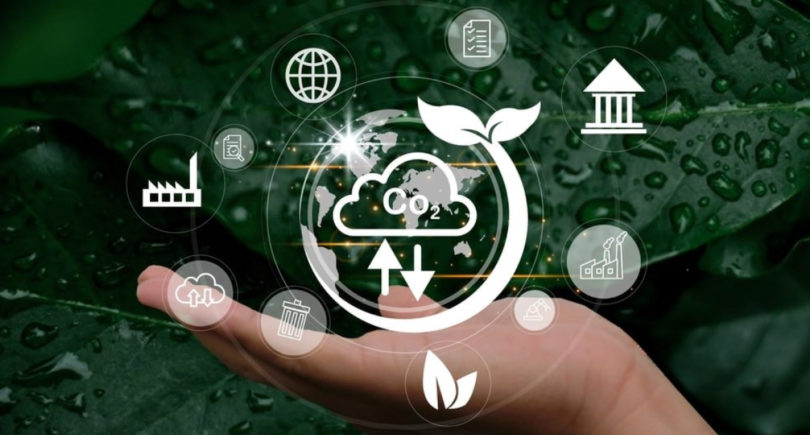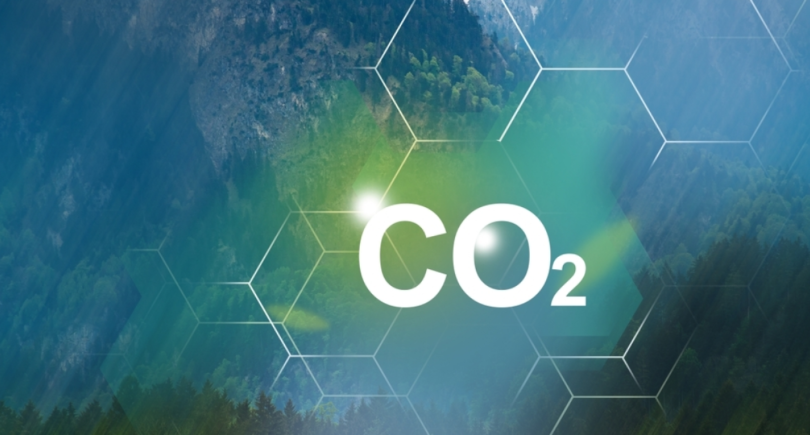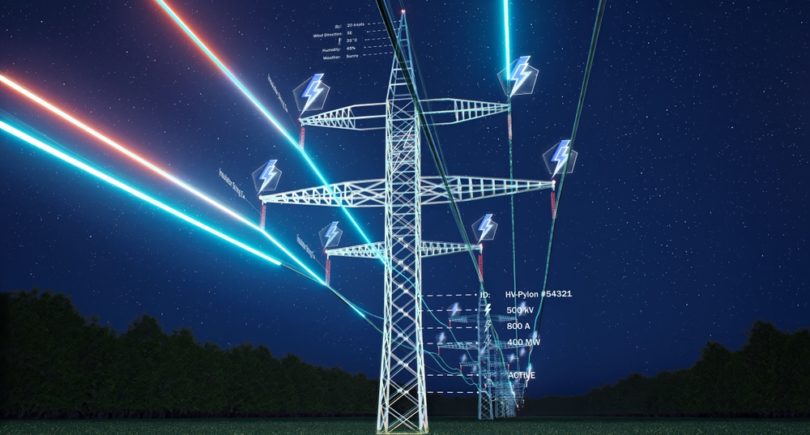
News Green steel CBAM 2195 01 June 2022
The updated CBAM version has stricter requirements compared to the one published by the European Commission last July
In May, the European Parliament’s Committee on Environment, Public Health and Food Safety finalized its vision for CBAM (Carbon Border Adjustment Mechanism) design that will be put to a vote in the Parliament on 6 June, Ukraine’s European Business Association reports.
“Meanwhile, the updated CBAM version has stricter requirements compared to the one published by the European Commission last July. Along with cement, fertilizers, iron, steel, aluminum, and electricity, now CBAM will also cover hydrogen, polymers, and organic chemicals imported into the EU, and eventually cover all industries that fall under the EU Emissions Trading System (EU ETS). And along with direct CO2 emissions, indirect ones will be subject to taxation, particularly from the use of electricity in the production process,” the statement says.
European Business Association has calculated that the tax burden on Ukrainian producers will be over €1 billion annually. Exporters of cement products will pay an additional €3.2 million, fertilizers – €74.2 million, organic chemicals – €17.7 million, polymer products – €162.5 million, metallurgy – €961.3 million annually.
“Although the EU, the UK, Canada, and the US lift tariffs on products made in Ukraine, Ukrainian producers may face a new non-tariff barrier in the form of CBAM, reporting on which will start in 2023. However, given russia′s military aggression launched in late February, the introduction of a system for monitoring, reporting, and verifying greenhouse gas emissions as a first step towards establishing a market for greenhouse gas quotas in Ukraine has been suspended. As a result, Ukrainian companies will not be able to verify their CO2 emissions and submit the relevant CBAM declarations. This, if nothing changes, will lead to the application to Ukraine of the average carbon content of products that are subject to CBAM regulation. As a result, Ukrainian products will lose their competitiveness in the EU market, whose share in 2021 reached 40% of total exports. This is a real force majeure that should be considered by the EU and reflected in the postponement of the CBAM application to all sectors of Ukrainian exports,” Olga Boiko, EBA Industrial Ecology and Sustainable Development Committee Coordinator told.
The proceeds from the sale of CBAM certificates will go to the EU budget, but the EU must provide financial assistance to decarbonize the least developed countries, which according to the UN classification include poor countries in Asia and Africa, Ukraine is not one of the latter, experts added.
Earlier GMK Center reported that Ukrainian businesses may lose up to €400 million annually due to CBAM.
The risks for the Ukrainian economy associated with the introduction of the Carbon Вorder Аdjustment Мechanism (СВАМ) are huge. In addition to direct losses, there are risks of chronic underfunding, Oleksandr Kalenkov, President of Ukraine’s steel association Ukrmetallurgprom, wrote in an op-ed for GMK Center.




